
Like many people I know, I had a few bullies throughout my life. Luckily, it was mostly before the days of social media. But even then, it was terrifying to think that an old bully could come back at any time and post a Myspace bulletin about me that mutual acquaintances would see.
For many people, social media has made bullying worse. And since it's not going anywhere anytime soon, it's better that we handle the topic of bullies and bullying before it even starts. Typically, bullying behavior can come from insecurity. Oftentimes, bullies choose a target in order to feel better about themselves. It's common that they find someone who may also be insecure with how they look or the friends they have.
"Bullying is life-changing for those who are targeted," writes Stephanie Kirby for BetterHelp. "When you're bullied, it affects your self-esteem, and it causes social problems as well. Depression and teen suicide are higher among those who suffer from bullying."
It can also last a long time. Hurtful actions and words are hard to forget. So that's why it's important to talk to your kids about bullies and bullying often. It's important to reiterate that hateful comments aren't accepted in your household. Kindness should be encouraged whenever possible.
It's also important for your children to be allies and recognize the signs of bullying. It's possible their friends may be bullied, and it's important for your child to know how to help in such a situation. However, approaching the topic may be tough. It's especially tough for parents who are handling it for the first time. Here's how to talk to your kids about online bullies.
Monitor the way your child uses the internet.

One way to stop online bullying by your child is to have a firm idea of how they use the internet. While looking over their shoulder for everything may not be the best method, checking in is a great idea. You can also talk to your kids about what they do on the internet and see how they respond.
There are plenty of apps that'll help you monitor usage better, like Qustodio, which also offers content filtering for a younger crowd. The best method is to also be somewhat transparent with your child. Unless you're positive that they're using the internet for bullying, they may feel justifiably upset about having their privacy unknowingly taken away. By telling them that you might check in on occasion, they know that any post they make might end up being moderated.
Deal with it right away.

Talking to your child and ending the cycle, especially if they're the one bullying, is crucial. When bullying happens, you need to treat it seriously. Especially since every second counts when a bully goes after someone and weakens their confidence and self-esteem.
Addressing it directly and quickly also shows your child that this is a serious issue — and one you won't tolerate. You need to address the situation the second it comes up. The more you push it off, the more bullying will take place. "Whether the bullying is physical or verbal, if it's not stopped it can lead to more aggressive antisocial behavior and interfere with your child's success in school and ability to form and sustain friendships," writes KidsHealth.
Find ways to help them professionally.
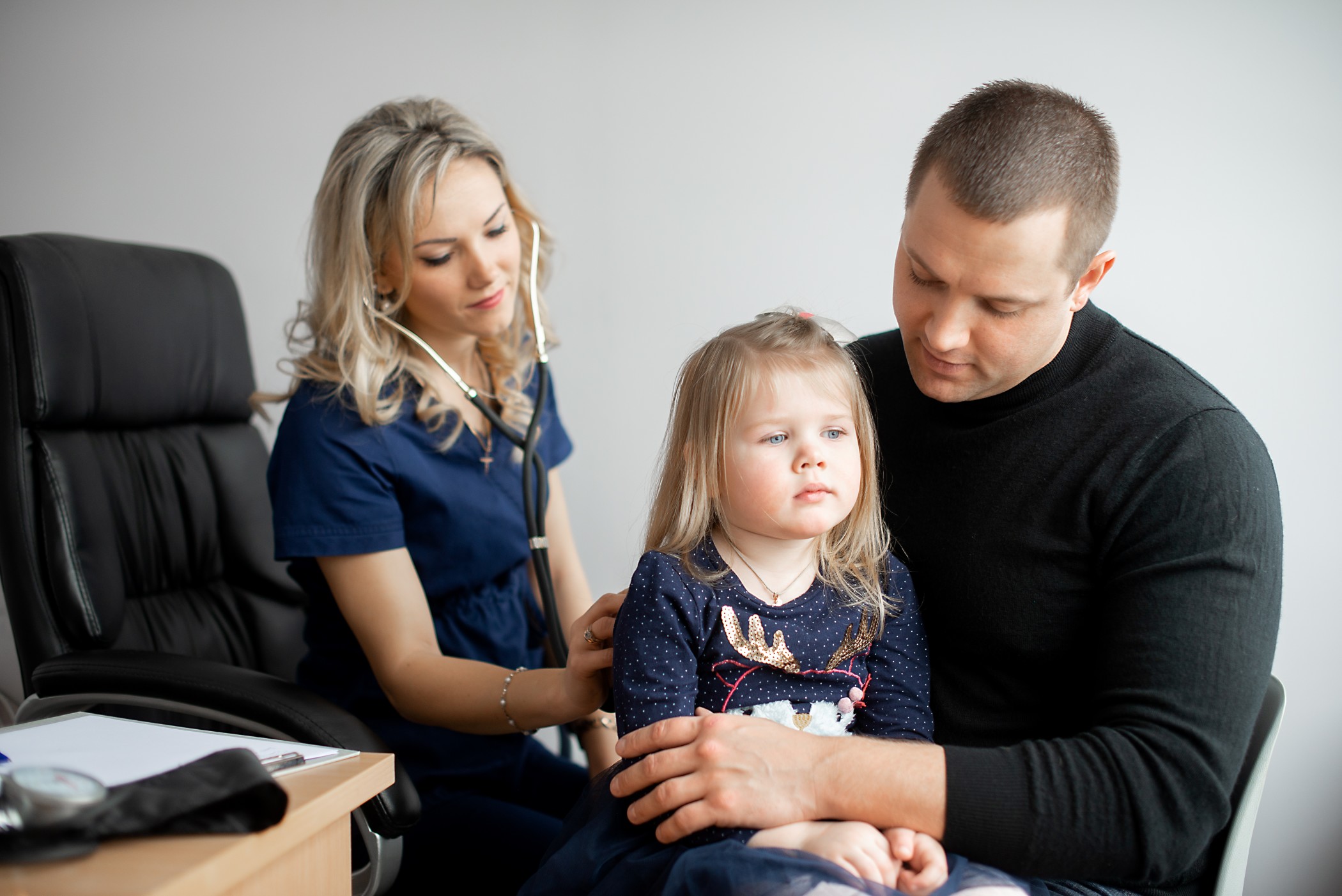
Both bullies and their victims could benefit from some help. Oftentimes, kids bully due to an underlying reason that a parent may be unaware of. "In some cases, kids bully because they have trouble managing strong emotions like anger, frustration, or insecurity," KidsHealth states. "In other cases, kids haven't learned cooperative ways to work out conflicts and understand differences."
For kids being bullied, it's important for them to seek counseling so that they realize that these issues are unfortunately very common, and typically due to no fault of their own.
See things from the bully's perspective.
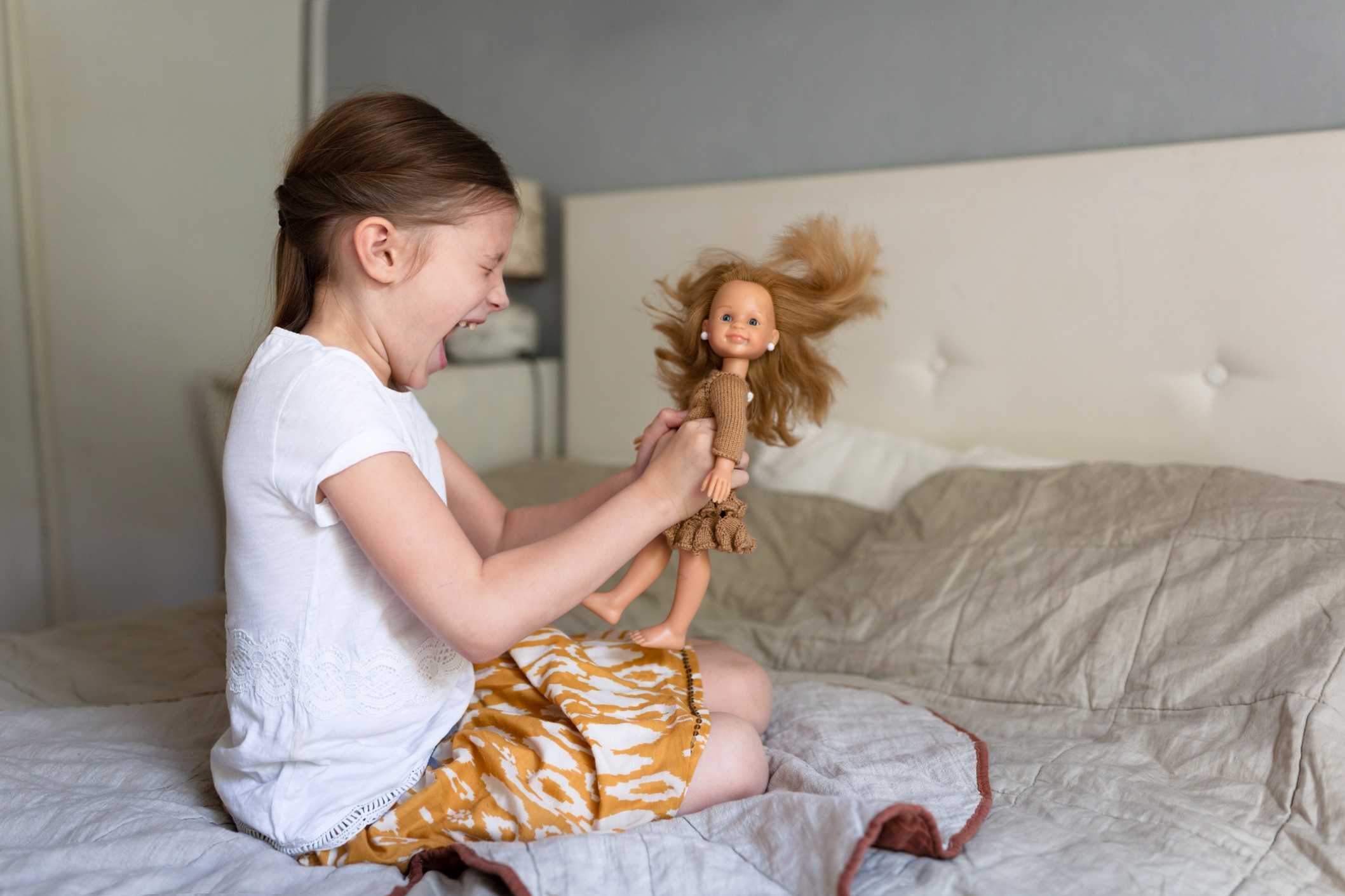
You're not siding with the bully, but you're realizing why it's happening in the first place. Kids who bully, especially online, often do it for attention. They feel as if by spreading negativity toward someone else, they may have the upper hand. A lot of it is psychological. "Bullying can also make a kid feel cool," writes Lev Novak from The Washington Post. "That's the whole point. But it is wrong, mean, cruel, and painful. Talk with your child about morality and power. The opposite of a bully, as I tell students, is a leader. Redirecting that ambitious energy, that need for dominance, in a positive way can pay lasting dividends."
Find other activities for your child if they're being bullied.
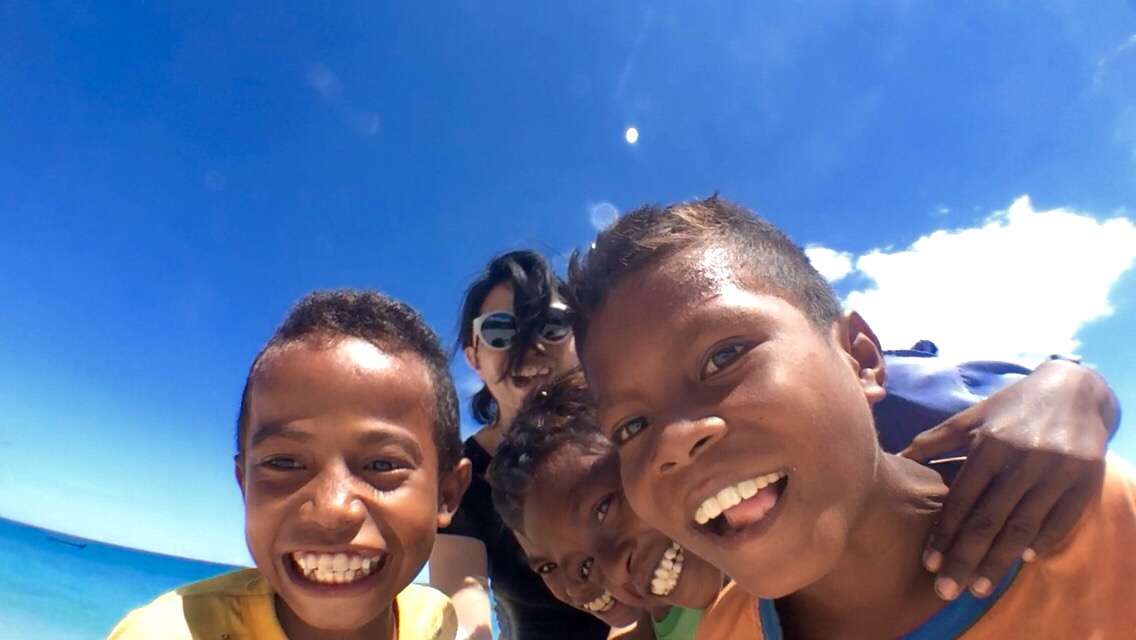
Sometimes, all your child may need is a change of scenery and a new group of friends with similar interests. It's a good lesson for children that they'll meet people throughout their lives outside of school. By signing them up for a program that fits their interests, they'll socially be much happier and may not internalize the attempts of a bully to bring them down. It doesn't have to be an athletic sport. A drama club, art class, or even church choir group can lift their spirits in a big way.
Loss of privileges is still an effective punishment.
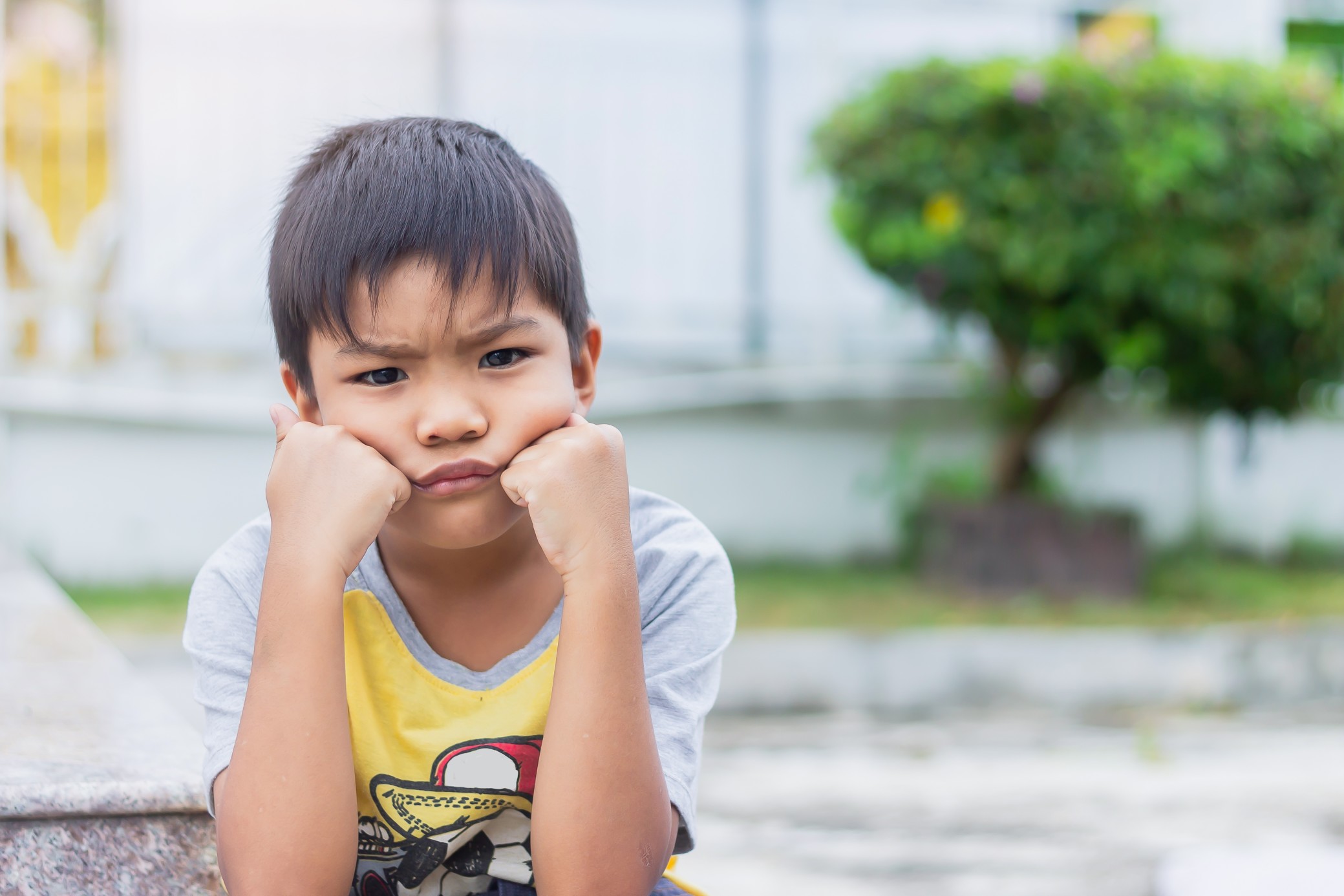
If they're using the internet as a way to bully others, take their accounts away — and be strict about it. The internet is a wonderful resource to have, but it's important for your kids to know how to use it safely. It's a lot like driving — having a license is convenient, but being careless by speeding or driving while intoxicated means you no longer have that privilege.
At that time, it's also important to talk with your child about what happened. They need to realize the consequences their actions had on others. "Punishments for bullying behavior can be effective, but they should be meaningful and limited in scope," the Child Mind Institute suggests. "If, for example, you find out that your teenager is engaging in cyberbullying, her actions should be met with an immediate loss of Internet or phone privileges. But for less acute forms of bullying, the child should be able to earn her privileges back over the course of a few days."
Make checking in with your child's social life a daily habit.
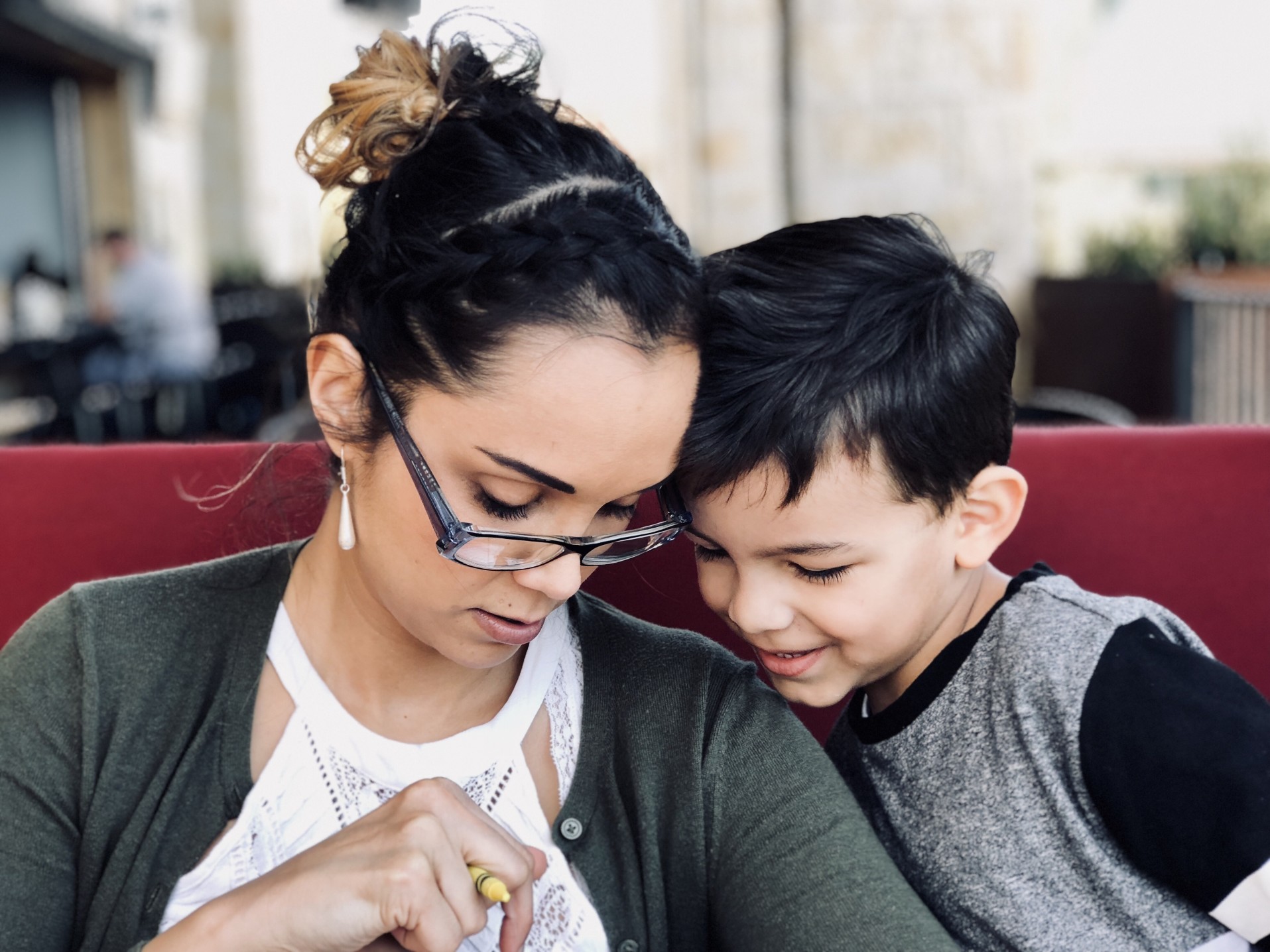
You don't want to reach a situation where you have no clue what's happening with your child. Try to have a daily meal together and ask them about their day. Make sure to take a legitimate interest, and ask follow-up questions. This is a way for you and your child to build a sense of trust. But it'll also help you get to know what's happening in your child's life.
It's important for parents to understand and support their kids. If you feel like something may be amiss but they don't want to talk about it with you, you may also want to check in with their guidance counselor. "You will gain something priceless, if you summon your inner-bulldog and push relentlessly until you get your child the help he needs," writes Psychology Today. "School counselors can often help with referrals, and even bump your child up to the top of the waiting list, if the need is severe."




